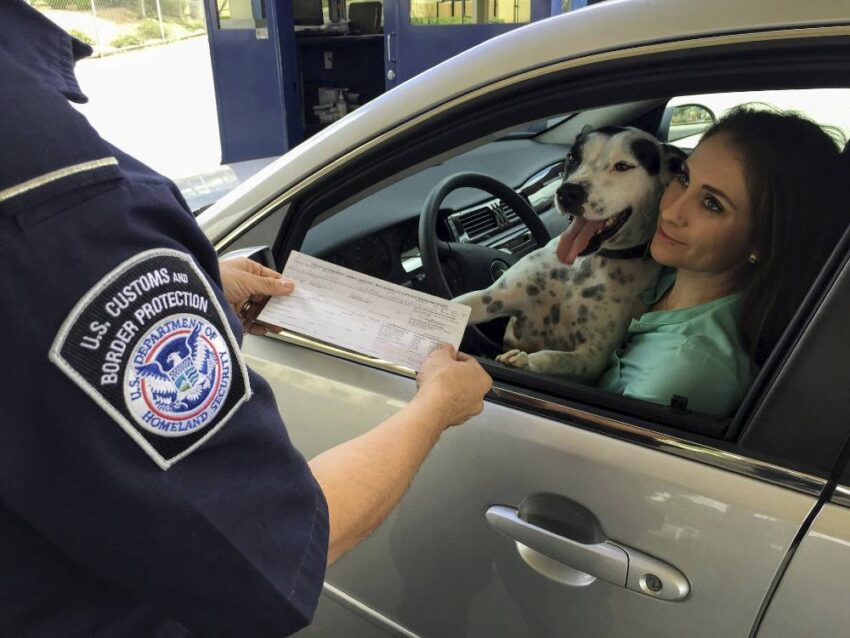Stop and search refers to the police practice of stopping individuals in public places and searching them for certain items, such as weapons, drugs, or stolen property. The main purpose of a stop and search is to prevent crime, ensure public safety, and apprehend individuals who may be involved in criminal activities.
It is a proactive policing tool that allows officers to intervene if they have reasonable grounds to suspect someone of carrying illegal items. In the United Kingdom, stop and search powers are granted under various laws, including the Police and Criminal Evidence Act of 1984 (PACE) and the Misuse of Drugs Act of 1971.
These laws outline the circumstances under which a police officer can conduct a stop and search, the rights of individuals being searched, and the procedures that must be followed.
Types of Stop and Search
UK police require valid suspicion to conduct stop and search. These grounds should be based on specific facts, information, or intelligence that lead the officer to believe that a person is involved in criminal activity.
Officers need to be able to justify their suspicion if questioned by the individual being searched or asked to provide a record of the search. This requirement helps ensure that stop and search powers are used lawfully and fairly, preventing arbitrary or discriminatory searches.
Section 60 of the Criminal Justice and Public Order Act of 1994 grants police officers the authority to stop and search individuals without needing reasonable suspicion in designated areas and timeframes where serious violence is anticipated.
This power is used to prevent violent crimes and protect the public during potentially volatile situations. Consent searches occur when individuals voluntarily agree to be searched by the police without any legal obligation to do so.
Individuals have the right to refuse consent searches unless the officer has legal grounds for conducting a search. It’s crucial to understand that consenting to a search doesn’t waive your rights, and you can still assert your rights during the process.
Police Powers during a Stop and Search
During a stop and search in the UK, police officers have the authority to conduct a search if they have reasonable grounds for suspicion. Officers can ask individuals to empty their pockets, bags, or other belongings to facilitate the search. They are permitted to pat down outer clothing to feel for any concealed items.
While the police have the power to stop and search individuals under certain circumstances, there are limitations to their authority. The search must be conducted fairly, respectfully, and without discrimination. Officers cannot search someone based on race, ethnicity, or religion.
For a stop and search to be lawful, police officers must follow specific procedures. They are required to provide their name, rank, and the police station they are attached to. Officers must also inform the individual of the reason for the search, the legislation under which it is being conducted, and the potential outcomes of the search. Officers need to adhere to these requirements to ensure transparency and accountability in the stop-and-search process.
How to Behave during a Stop and Search
Remaining calm and cooperative during a stop and search is crucial. It’s natural to feel anxious or frustrated, but maintaining composure can help de-escalate the situation. Follow instructions calmly, avoid sudden movements, and refrain from arguing or resisting.
Remember, cooperation doesn’t mean waiving your rights; it simply helps ensure a smoother encounter. Asking questions can provide clarity about the search process. Politely inquire about the reason for the search, the officer’s identity, and the legal basis for the search.
You have the right to understand why you’re being searched and to receive clear explanations. If you feel your rights are being violated, assert them firmly but respectfully. Documenting the stop and search can be valuable.
If possible, note down details such as the officers’ badge numbers, patrol car numbers, and the time and location of the search. Consider recording the interaction on your phone if it’s safe to do so. This documentation can serve as evidence in case of any police misconduct claims later on.
After the Stop and Search
After a stop and search encounter, request and obtain a copy of the search record, which contains essential details like information about the officers and the items seized during the process. Reviewing this record allows you to confirm that the search was conducted lawfully and within the bounds of police powers.
If you believe that the stop and search were conducted improperly or you experienced mistreatment during the encounter, you have the right to file a complaint. Contact the police department or Independent Office for Police Conduct to report any concerns or violations of protocol.
If your complaint isn’t resolved satisfactorily, you can file a police complaint claim against the police. You may seek legal advice to understand your rights and options for recourse at https://www.claimexperts.co.uk.

